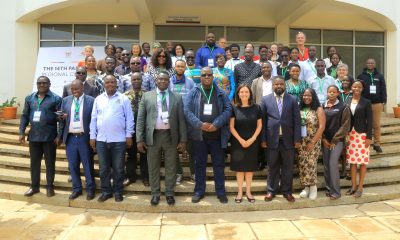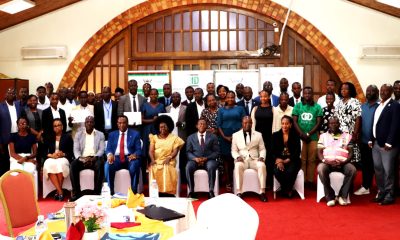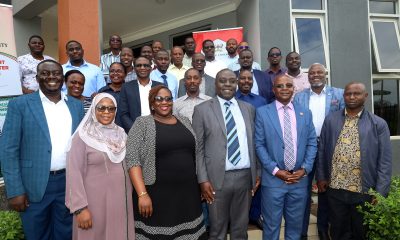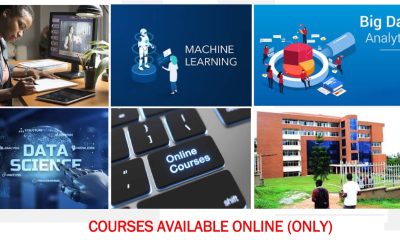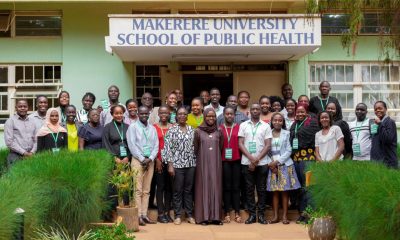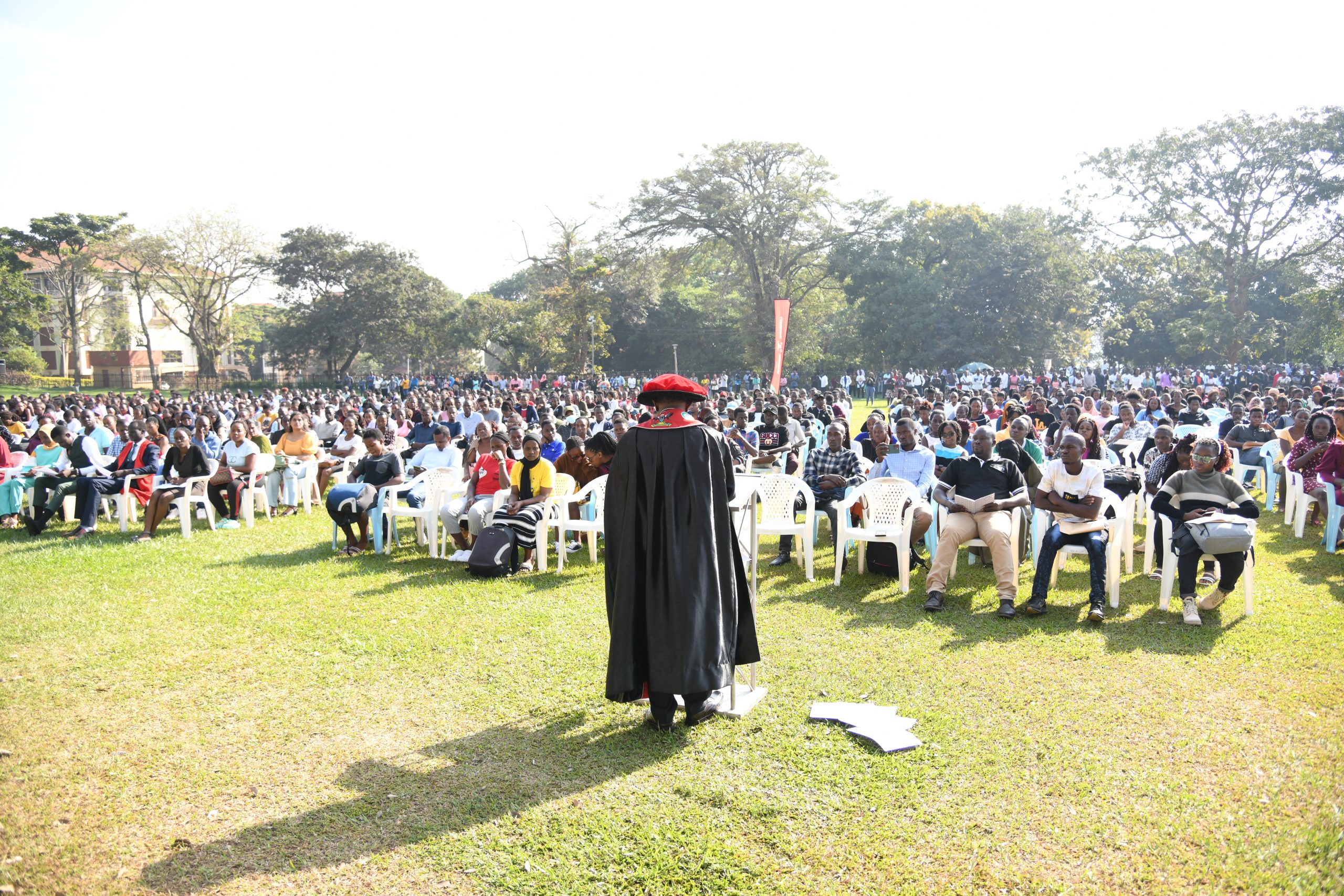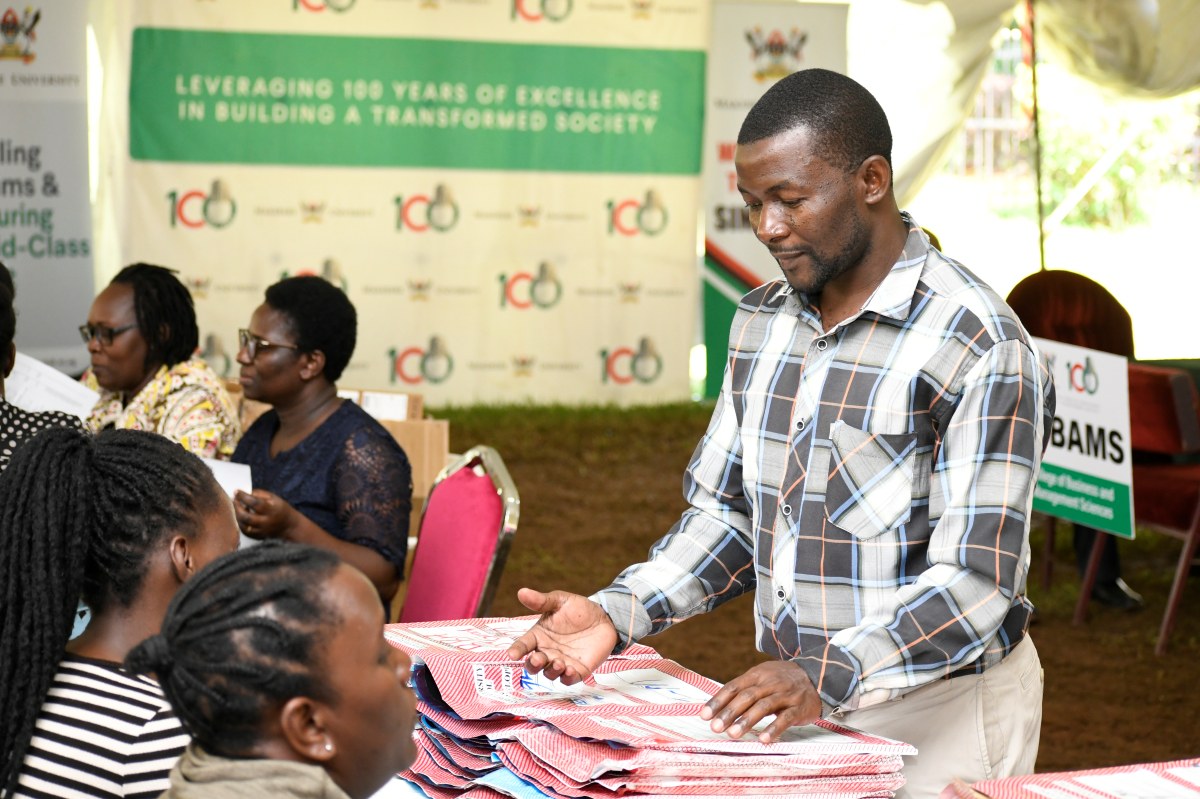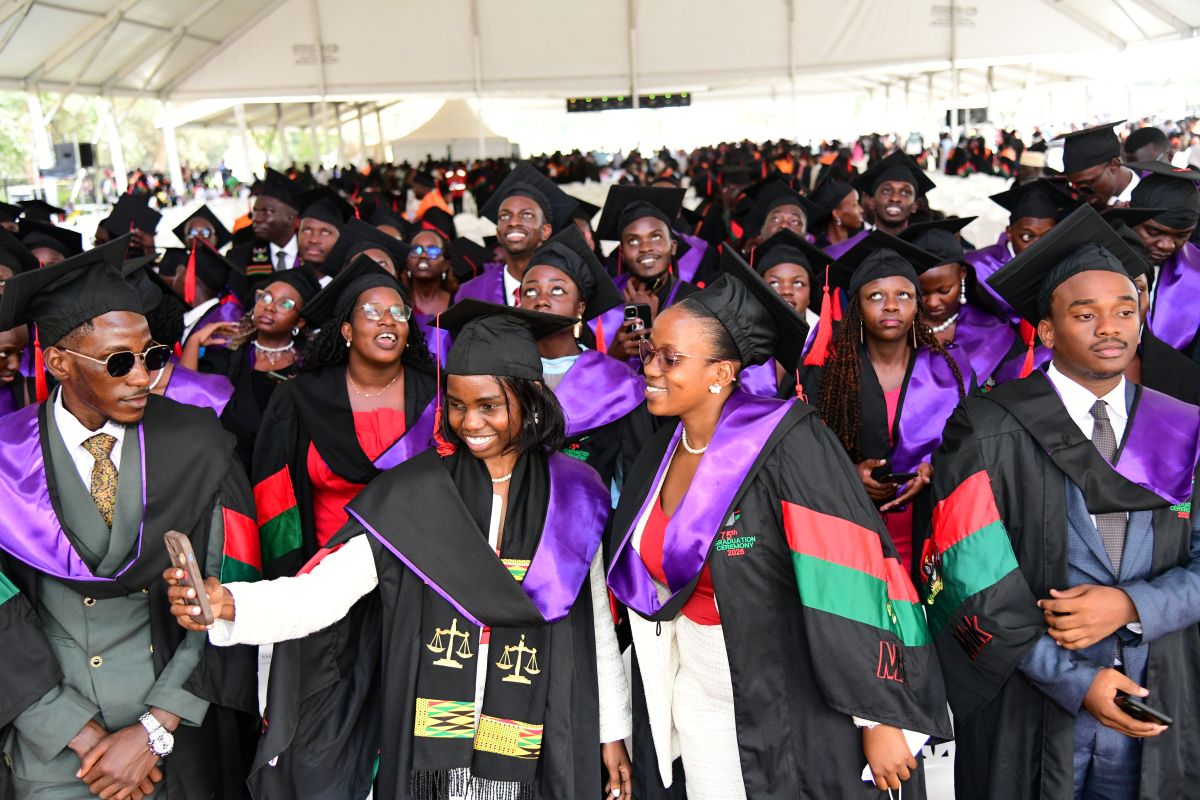Operationalizing Higher Education for Innovation, Industrialization, Inclusion and Sustainable Development: Key Issues and Needed Actions to Move Africa Forward
The training delivered by many universities in Africa is not employment-oriented. There are inadequate links between training programs, capacity building, skills and the labour-market. There is therefore a growing mismatch between the needs of employers for graduates with employable skills and the skills possessed by the available workforce and job seekers. There are three key issues responsible for the mismatch. The programs are:
- a) Not relevant to the needs of the community or not demand driven
- b) The teaching methods are not designed to enhance creativity
- c) Training job seekers and not entrepreneurs who will create jobs for themselves and others and hence enhance industrialization.
Relevance of Training
There is a need to transform the training and research programs in High Education Institutions (HEI) in Africa to respond to the needs of society or community. These programs need to be revised on the basis of what the community needs. To achieve this, HEIs have to work in partnership with stakeholders in their communities to assess their current and emerging needs. Research and Training programs will therefore be designed to address these issues. The research agenda will be developed through community engagement to identify challenges or problems before HEI can engage in research to come out with innovative solutions to address them. In so doing, the adoption of innovations will be greatly enhanced because they will be addressing the real needs of the community.
Enhancing Creativity
The model of teaching needs to move away from being teacher centered where students are spoon-fed to retain and reproduce information in examinations to a student-centered approach where the teacher is a facilitator or coach. This approach will enhance the creativity of students and lead to increased innovation.
There are various models that have been proposed to explain the role of education and research in the thought and development process. The pipeline or linear model in particular is based on the proposition that knowledge is the engine for economic growth thus by investing in man power development at one end of the line results in new ideas delivered at the other end of the line. This model stresses the need for a sound educational system that is not skewed towards any specific discipline but emphasizes that once knowledge is gained it can be invoked in the resolution of difficult questions in a rationale and objective manner – creative thinking! The spin-off model in a complimentary manner argues that knowledge acquired through proper training leads to innovation and the invention of products that were not the primary motive of the training. For example, a software engineer who develops a new application after training in an engineering school may eventually set up a new company to produce and distribute the application. This product was not the motivation for the training but is a by-product (spin-off) of the appropriate skills gained in the course of the training.
Read more
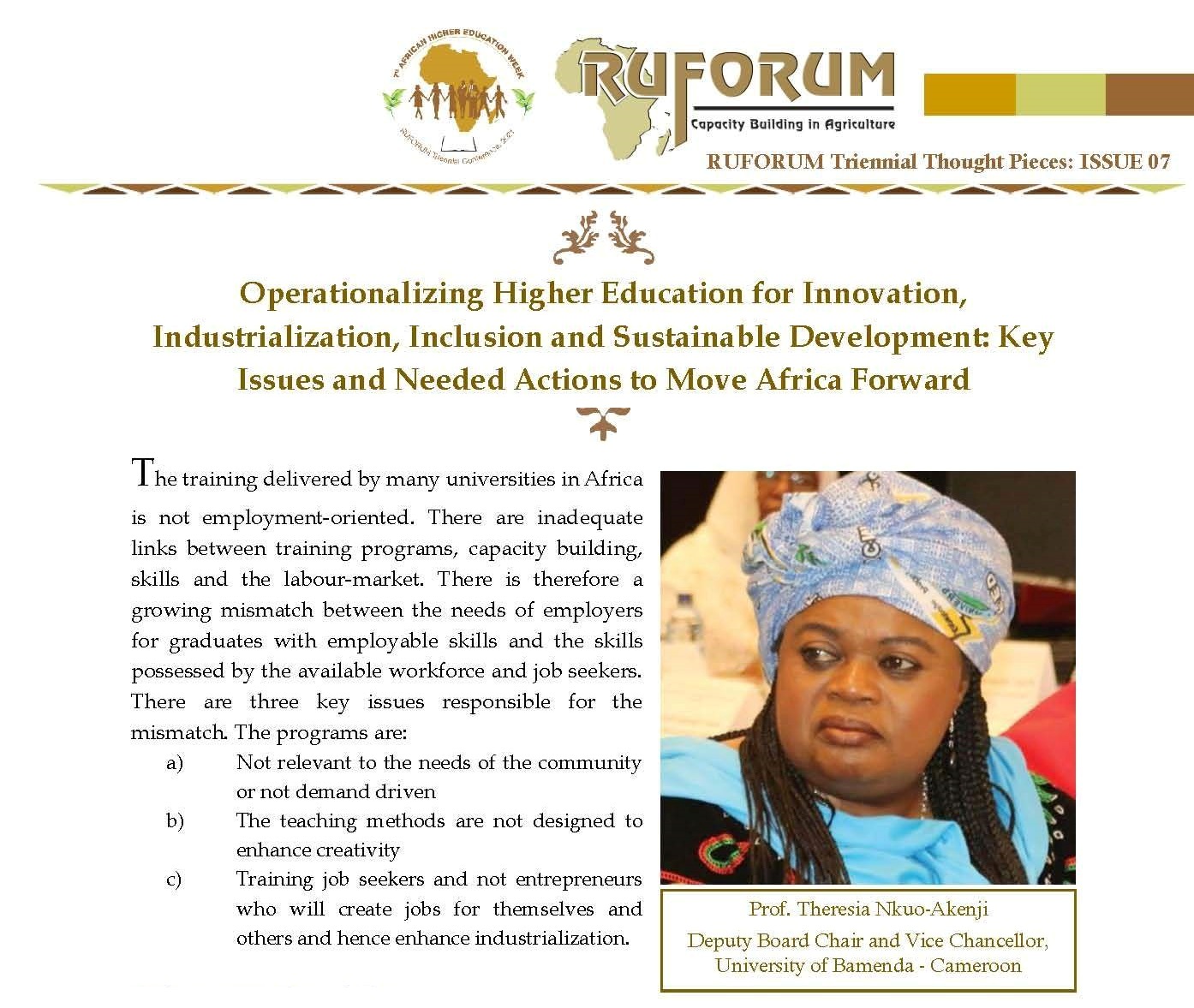

 General6 days ago
General6 days ago
 General1 week ago
General1 week ago
 General2 days ago
General2 days ago
 General2 weeks ago
General2 weeks ago
 General1 week ago
General1 week ago


